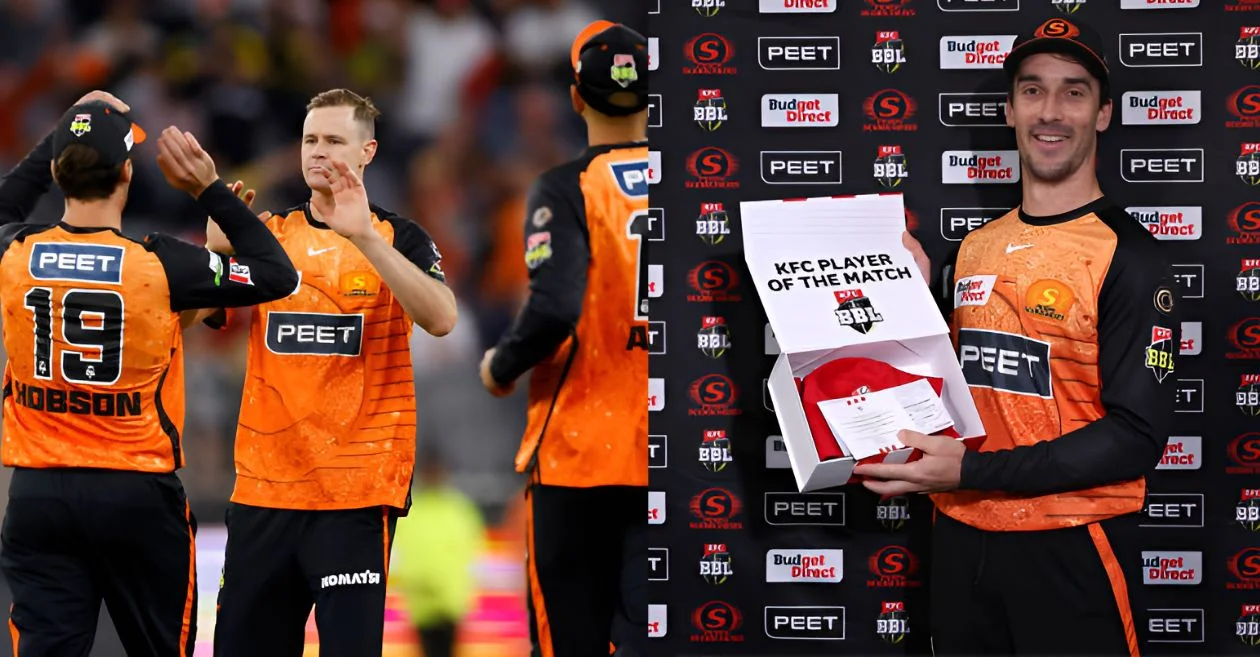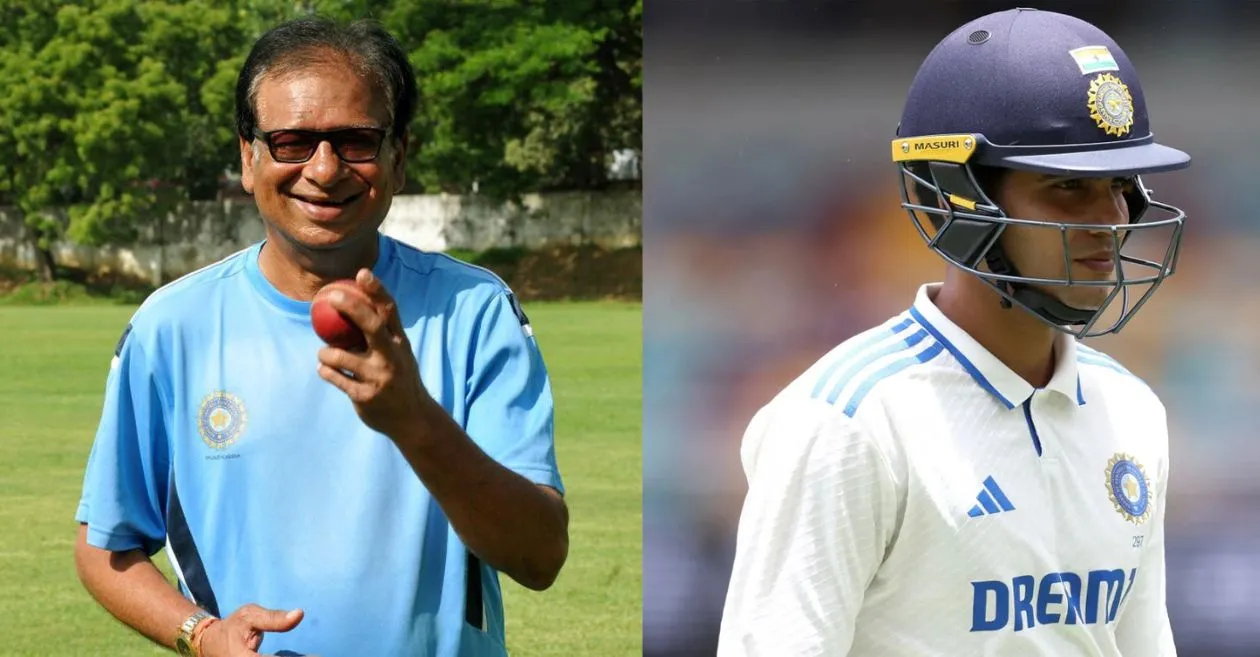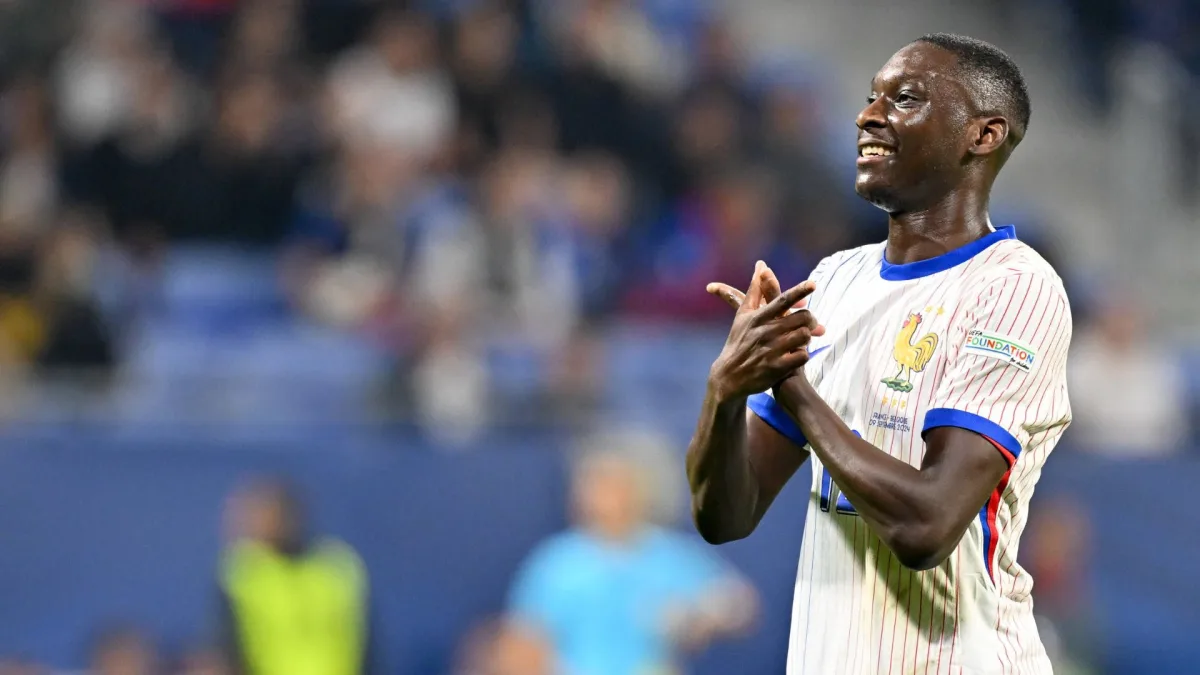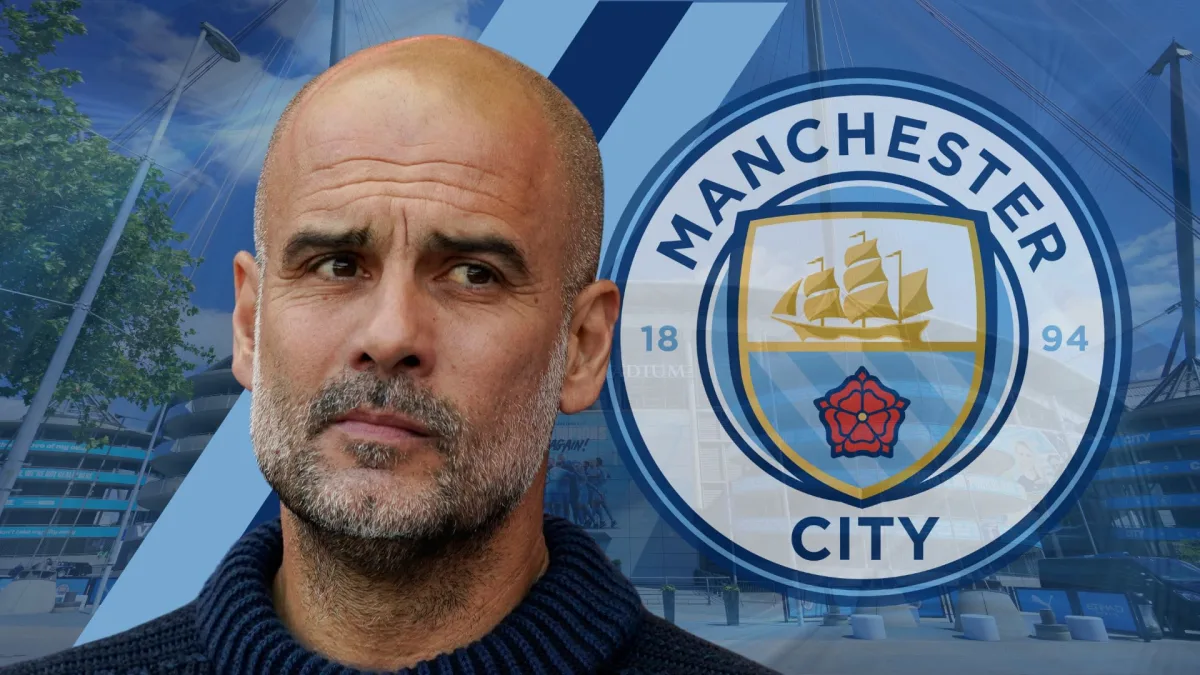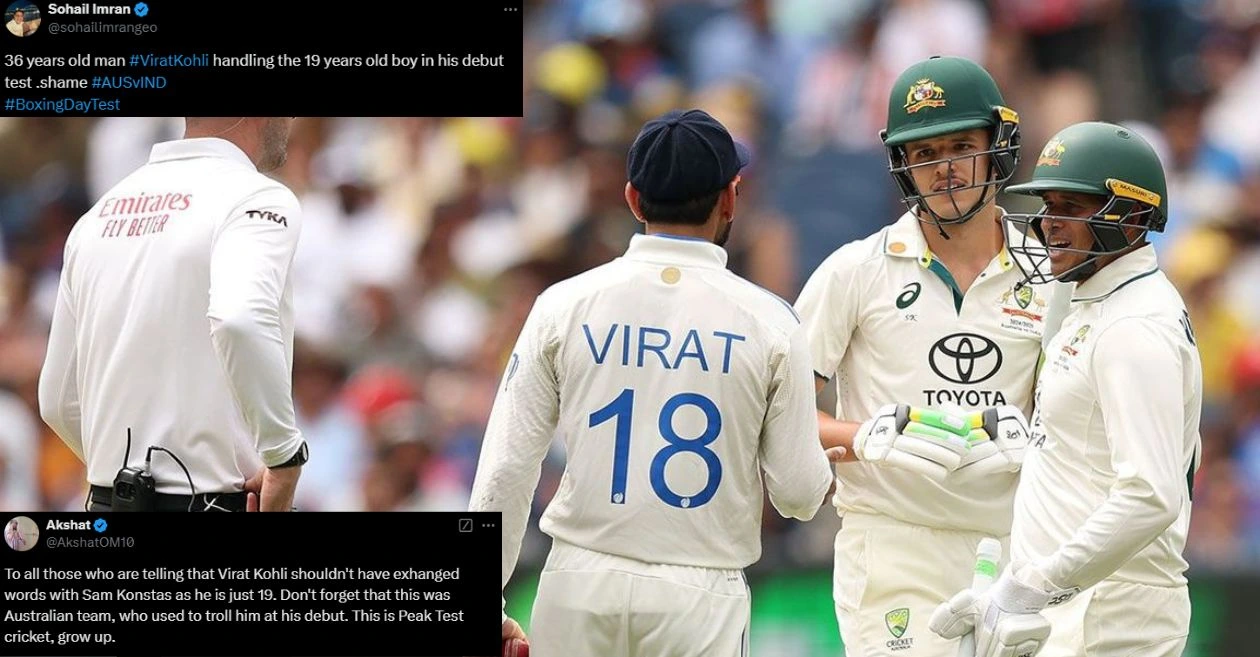The Premier League managers of the Covid lockdown still remember the Zoom meetings they used to have as football tried to navigate its way through the pandemic.
Jose Mourinho – then at Tottenham – with his feet on the desk feigning disinterest. Mikel Arteta making scribbled notes like a GP on a prescription pad. And then there was Jurgen Klopp.
‘He was always on the front foot and would lean forward as he was making his points,’ recalled someone who was on the calls.
‘His whole face would almost fill the screen. And he always made sure he got what he wanted. Every single time.’
This chimes with the prevailing view of Klopp among many of those who came up against him during his eight years or so at Liverpool. The German was very much one of the Premier League’s alpha males, a coach whose intelligence and energy was matched only by an almost demonic will to prevail and move forwards.
Jurgen Klopp found himself a new role after leaving Liverpool at the end of the 2023-24 season

The former Reds boss will take on the role on January 1 after signing a long-term deal

This role will require Klopp to be responsible for the international network of all Red Bull football clubs – including Leipzig, Salzburg and the New York Red Bulls
Which is why suggestions this week that Klopp may put some kind of emotional loyalty to Borussia Dortmund or even Liverpool in the way of an opportunity to join the Red Bull football group didn’t remotely fit.
Read More
LISTEN to It’s All Kicking Off! The one reason why Manchester United and Erik ten Hag should be grateful

Klopp formed bonds while managing at Dortmund and at Liverpool that were not dissimilar to each other. The 57-year-old possesses a deep well of emotional intelligence that enabled him to connect with and understand the wants and needs of two fanbases in a way that worked for them and also for him. It was real and it ran deep. You can’t fake stuff like that. But the face Klopp chose to show to the world was only part of it. The other part was all business and that business is now done.
For sure, it jars that Klopp once declared himself opposed to the multi-club ownership model. Red Bull currently have five clubs in their portfolio and it’s growing. So Klopp is going to have to own that one and live with it and get on with it.
That’s the thing, though. He just will. People in football have an almost unnatural ability to shed old skins and wear new ones almost without thinking.
Klopp spent an awful long time on Merseyside and put an awful lot in to winning trophies, re-energising a football club and developing players. And then the very moment it was over, he was gone. Liverpool said farewell to him after a game at home to Wolves on the final day of last season and he left town the very next day.

There was uproar among Borussia Dortmund and Liverpool supporters once the news broke

Klopp once declared himself opposed to the multi-club ownership, prior to joining Red Bull

He said he wouldn’t work for a good while and nobody believed him. That’s another thing about most football people. They are useless at sitting down. I recall asking one out of work manager what he had been doing with himself during his downtime and he replied: ‘Drinking and not thinking.’
Another veteran member of the profession once told me he had taken a new job at a club already destined for relegation because: ‘I wanted to get out of the house’.
These are the things that drive football managers. A desire to stay relevant, a need to feel involved and wanted and, above all, a fear that the game will move on quite nicely without them.
It is not about loyalty and promises once made. It is about opportunity and next steps and it feels as though Klopp is already considering what his may be.
The Red Bull job feels like a slightly odd fit for Klopp. The group’s suggestion that: ‘He will not be involved in day-to-day operations but will oversee a group of clubs that bring the kind of intensity that became his own calling card as a coach’ sounds as though it has been written by an enthusiastic intern.
What does it actually mean? His job title is ‘head of global football’ and there has been lots of talk of him spearheading visions and directing strategies. What Klopp is good at, though, is directing football teams and the revelation in the German media that he has a clause in his Red Bull deal that allows him to leave if the national team job became available was the one detail that jumped very naturally from the page.
Whether Klopp would be suited to international management is a question I have posed on this page before. Regardless, his shadow will loom large over current incumbent Julian Nagelsmann if things don’t start well in World Cup qualifying.
In announcing last January his intention to leave Liverpool, Klopp declared himself out of energy. It was understandable. He had given everything to that job. Those who witnessed him venting at a BT staffer about TV fixture scheduling late in the season will testify that he cared about pretty much nothing else until the end.
But in football it’s advisable to place different parts of your career into different boxes. If you allow one job to bleed into another you will soon be in trouble. Klopp owes Dortmund and Liverpool nothing but his respect. In terms of his own principles, he must answer only to himself with all of that.

Klopp bade an emotional farewell to the Reds at the end of last season, ending a nine-year spell
Cordoba’s big day
The mayor of Cordoba has been in full flow this week ahead of Spain’s Nations League game against Serbia at the Nuevo Arcangel Municipal Stadium next Tuesday.
‘This game has given our people the chance to meet and rejoice,’ said Jose Maria Bellido.
The president of the Andalusian Football Federation Pablo Lozano was equally garrulous, saying: ‘This will be a special day and a dream come true. I think that tens of thousands more people could fill three or four stadiums with the demand we’ve had for this match’.
Cordoba’s ground only holds a little over 20,000 people. The Enrique Roca stadium in Murcia, where the new European champions will face Denmark on Saturday, has room for 31,000 while in Italy the national team will face Israel at Udinese’s 25,000-capacity Blue Energy Stadium on Monday.
There is money to be made out of international football but people matter too and in Spain and Italy over the coming days they will get to see their teams play.
In England, meanwhile, Lee Carsley played at Wembley. Again. The national stadium is paid for now. That debt was settled earlier this year. So why the monopoly on England fixtures? There simply is no justification for it. It’s wrong and it’s short-sighted.

The mayor of Cordoba, Jose Maria Bellido, rejoiced in Spain’s decision to host their game against Serbia at the Nuevo Arcangel Municipal Stadium – which fits just 20,000

Spain and Barcelona legend Andres Iniesta confirmed his retirement in an emotional video
Iniesta bows out
Football is a little like music in that once you have seen or heard the best stuff it makes you wonder why it can’t always be like that.
That was the way the Spain team of 2010 made me feel. The World Champions of that year made football appear as beautiful as they made it look effortless.
This week the last member of that team retired, the great Barcelona playmaker Andres Iniesta calling time on his career at the age of 40.
The Spain side that beat the Netherlands in the 2010 World Cup Final (a poor game as it happened) read: Casillas; Ramos, Pique, Puyol, Capdevila; Busquets; Alonso, Xavi; Iniesta, Pedro; Villa. Fernando Torres and Cesc Fabregas couldn’t even get in it.
Spain won the 2008 and 2012 European Championships with that World Cup sandwiched in between. Has there ever been a better international side? It’s hard to say so.






